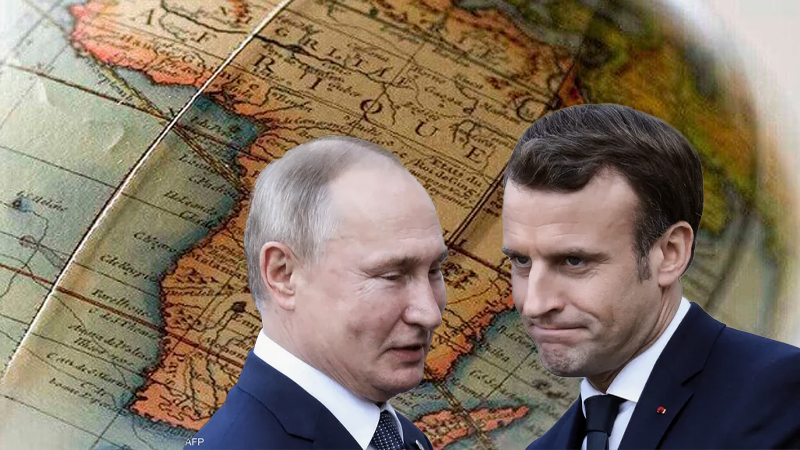Article by Musa Tehu Say
How did Russia exploit France’s eroding image to expand its influence in Africa?
Upon his release from prison in the late 1990s, Nelson Mandela said, « We cannot do without Russia and its support for the South African national liberation movement against Western-backed apartheid. » This was an expression of gratitude for Russia’s role in supporting African liberation movements, which the Soviet Union had previously supported as part of the African struggle for independence from French colonialism in the mid-20th century. This included the Central African Republic, where Russia recently began its brutal invasion of the continent.
However, the Russian presence declined significantly after the fall of the Soviet Union, and Russia limited itself to exporting weapons to Africans and maintained its position as the primary source of weapons to Africa. Surpassing any other country due to the absence of complex conditions for arms purchases, such as human rights, the promotion of democracy, and political pluralism.
Winter hibernation ends and Putin comes to power
A few years after the current Russian president, Vladimir Putin, came to power in Russia, the empire’s expansionist ambitions returned, and Russia turned its attention to Africa once again, reviving old relations and reaping the fruits of its support for previous liberation movements. It carried with it the slogan of eliminating the curse of colonialism once again and fighting terrorism—the slogan of the consumerist West until the end.
Russia’s Strategy to Strengthen Its Presence in Africa
Russia has been keen to use soft power as a front to consolidate its influence on the African continent. This includes writing off half of Russia’s debt to the continent, amounting to approximately $50 billion, some of which dates back to the Soviet era. The 2019 Sochi Russia-Africa Summit was a milestone in restructuring relations with Africans in several areas, most notably energy, agriculture, technology, culture, diplomacy, and academia. Agreements worth approximately $20 billion were signed.
Among the most prominent of these agreements, in which Moscow appears more interested than Africans themselves, is the energy sector. Russian gas giant Gazprom plays a significant role in the oil and gas sector in Africa, including in Nigeria and Angola, alongside Rosatom, the state-owned nuclear energy company, which is working to build nuclear reactors in Egypt, Ethiopia, and other countries if the necessary security and political conditions for operation are met.
However, many of the agreements signed with Africa in recent years have largely failed to be implemented for unknown reasons, with the exception of some cultural centers, embassies, and security assistance missions. By imposing security and creating a climate for Russian companies to operate on the continent.
Hard Power…
As usual, Putin has resorted to hard power in his Cold War with the West in Africa, deploying his effective tool in conflict zones, the Wagner Group, in several important countries. This marked a geostrategic shift in the Sahel region and Libya, taking advantage of the security fragility and political conflicts that extend to almost all parts of the continent.
Starting with the Sahel and Libya
The five Sahel countries—Niger, Mauritania, Mali, Burkina Faso, and Chad—are a direct point of conflict with Western powers, especially France, which has considered this region its own space for nearly 60 years. However, it began to lose its official support after the change of several pro-Russian political regimes, such as the Central African Republic, where Russia first established a foothold in 2016 when it sent military trainers to assist President Faustin Archange following the civil war and the rejection of the election results.
This provided Russia with a favorable environment to market itself as a non-colonial power that provides support to countries without interfering in the internal details of government or imposing a specific pattern regarding the exploitation of the country’s wealth, unlike France, which presents its vision as obligatory in exchange for supporting the political regime.
A few months after the arrival of Russian trainers in Bangui, the country’s capital, Moscow indirectly sent Wagner to protect government figures, including the president himself and a number of important institutions. The Russians then built an advanced base that later became one of the largest Russian bases outside Russia, after Hmeimim in Syria, with approximately 4,000 Wagner personnel. In contrast, French influence is declining dramatically amid growing popular discontent, supported by Russian media propaganda about Paris’ exploitation of the continent’s resources and the deepening of hatred for French colonialism, deeply rooted in the minds of African youth eager for change at any cost. This has forced the Élysée Palace to announce a gradual withdrawal of its presence in the Central African Republic and the Sahel region, where France has been present since independence in the mid-20th century. Only a few soldiers remain in the Central African Republic, stationed at a base housing the UN peacekeeping force MINUSCA.
Wagner’s expansion into Libya and Mali.
In late 2017, Russia sent military trainers to Benghazi to help Haftar’s forces maintain tanks and their outdated weapons, a legacy of Colonel Gaddafi. This escalated into a large-scale deployment of Wagner in the midst of Haftar’s war on Tripoli in April 2019.
Because this was an unusual opportunity for the Russians, Putin’s chef, Wagner leader Yevgeny Prigozhin, deliberately sought to establish Moscow’s foothold in one of the West’s largest areas of influence. Taking advantage of the unprecedented retreat of the US administration during Trump’s presidency, which was characterized by a decline in the United States’ international role and a rise in conflicts in Africa and the Middle East, including a wave of so-called counter-revolutions that Trump either ignored or, as some accuse him, supported… Only a few months later, the West suddenly discovered that Libya had become Russia’s second-largest sphere of influence after Syria. Wagner possesses an arsenal of weapons far superior to those possessed by most African countries, including air defense systems and advanced military bases in eastern, central, and southern Libya, a region of utmost importance, as it forms a vital belt for the Sahel region, connecting it to the southern coasts.
Dr. Amina Al-Arimi
An Emirati researcher specializing in African affairs.

